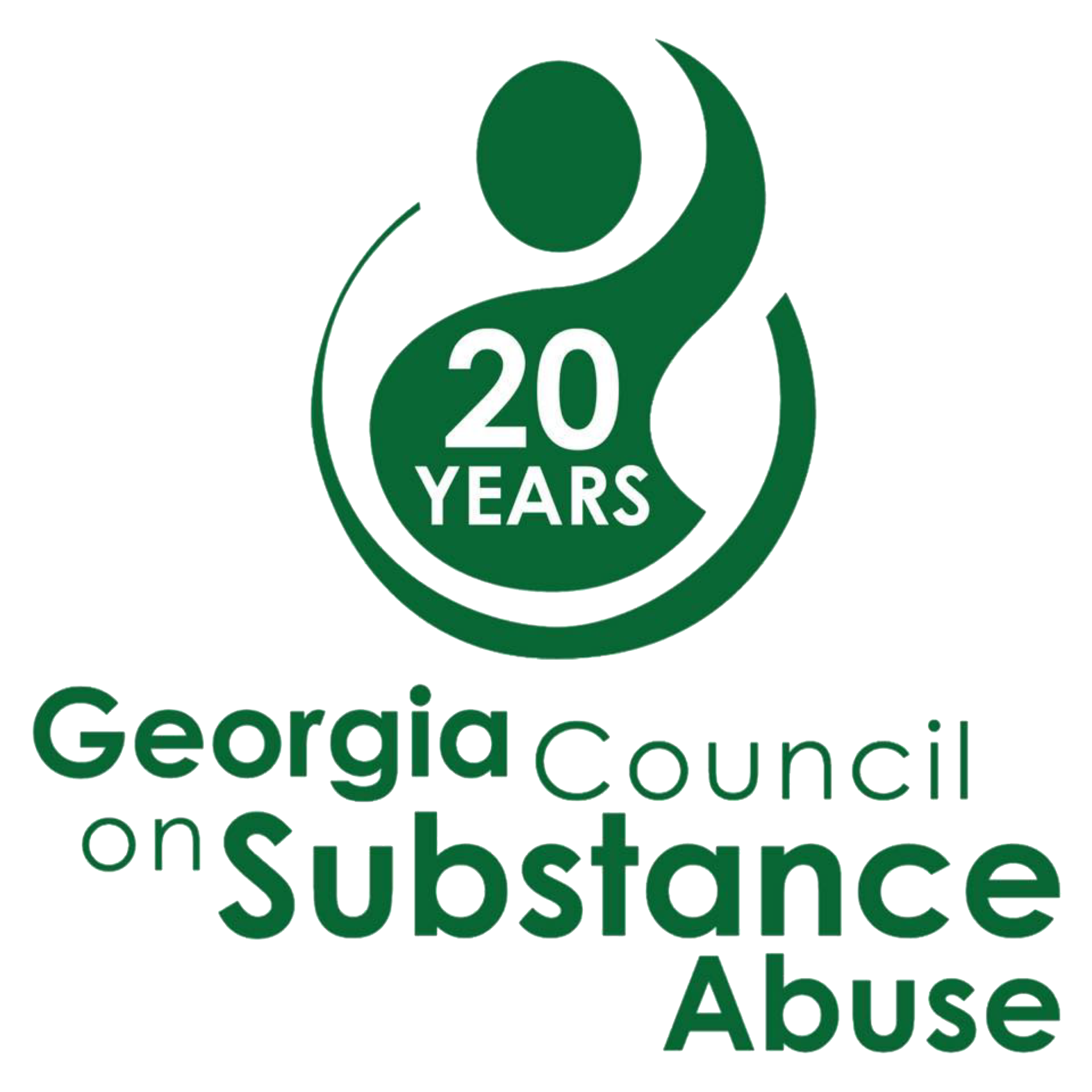Legislative Advocacy
People in and seeking recovery face many barriers to long-term recovery. Some of those barriers can be overcome with the help of mutual support groups, family, friends, and community resources. But many barriers exist that are beyond the capacity of a single person in recovery.
As a result of stigma, and a historical lack of understanding of addiction and recovery, many laws, regulations, and initiatives supported by state and local governments and agencies inadvertently decrease the opportunities for people to recover from substance use disorder.
That is why the Georgia Council on Substance Abuse works diligently throughout the year to aid our legislators and administrators in developing and implementing policies that support the health, safety, and welfare of all Georgians through improved addiction recovery resources.

The policy agenda of GCSA, outlined below, is directed by the expressed needs of people in recovery across the state of Georgia. Through focus groups conducted with people in or seeking recovery, the following needs were recognized:
- More community collaboration
- Access to healthcare and treatment
- Resources for returning citizens
- Funding for existing and new programs
- More advocacy to reduce stigma
- Transportation
Our policy goals are aimed at improving the quality of life for people in recovery and seeking recovery by improving the quality of recovery resources and expanding access to those resources.
Our policy agenda includes:
1. Funding Restoration
In 2009 the Georgia General Assembly made huge cuts in the Department of Behavioral Health and Developmental Disabilities’ (DBHDD) Office of Addictive Disease (OAD) budget which produced a massive step backwards in prevention resources, treatment capacity and recovery support services. The following $19,576,732 cuts to Georgia’s substance use disorder state budget occurred in 2010:
-
- Substance abuse prevention services -$1,238,77
- Child and adolescent addictive diseases services -$6,751,895
- Funding for “non-medically necessary community services” -$1,119,388
- Funding for opioid maintenance therapy and methamphetamine treatment -$2,568,628
- Cuts to contracts and specialty services for adults and children -$2,340,304
- Funding for criminal justice-specific interventions -$1,180,145
- TANF Funding for women’s treatment capacity -$4,377,600
These cuts have yet to be restored by the state. After the effects of these cuts became drastically evident by the growing opioid epidemic in Georgia and lack of support and infrastructure to combat this epidemic, the federal government has stepped in with STR funding. We will continue to advocate to our state legislators to play their part in combating the epidemic by providing financial support for services for those suffering with SUD and their families.
2. Comprehensive Reform
GCSA will continue to advocate for a comprehensive reform of how people with substance use disorder are treated. We do this through testifying at legislative hearings, participating on policy committees, and rallying individuals to speak out about recovery in communities while advocating their legislators. GCSA believes in a recovery oriented system of care in which it is understood that treatment is not always the solution. We do advocate for more treatment services but we also advocate for more services to be widely available in the communities in which people live and thrive.
3. Screening Brief Intervention Referral to Treatment (SBIRT)
After years of advocacy efforts by GCSA, Georgian’s for a Healthy Future (GHF), and other agencies, on July 1, 2017 Georgia’s Medicaid codes for SBIRT were activated for health care settings. GCSA, in a long standing partnership with GHF, will lead outreach and education efforts to promote the news to providers around the state. This includes:
- Expand the use of SBIRT or other prevention and early intervention strategies with young people in schools and health care settings.
- Promote the use of peers and non-physician counselors in carrying out the strategies of SBIRT
- Defend coverage and benefits in the Medicaid program and private insurance that provide a platform for SBIRT.
Make An Impact
GCSA recovery legislative advocacy efforts are supported entirely by private donations.
We pride ourselves in being responsible stewards of all funding and donations and maintain an “open books” policy.
If you would like to support recovery advocacy in Georgia, please click the button below

Jeff Breedlove serves as Communications and Policy Director for The Georgia Council on Substance Abuse. Jeff is at your service to help you advocate and educate for Recovery in Georgia. Contact Jeff at jeff@gasubstanceabuse.org
There are 800,000 people across Georgia in Recovery from substance use disorder. These brave and strong Georgian’s have overcome the deadly disease of addiction. We are their voice. We represent them, their family, and friends. We are Georgia’ Recovery Resource.
The Georgia Council on Substance Abuse is dedicated to reducing the impact of substance use disorders in our communities through education, advocacy and training. We help facilitate conversations that support the growth of recovery-focused services and support by recognizing the contributions that people in long-term recovery have made and continue to make. We provide hope.
We partner with The Georgia Department of Behavioral Health and Developmental Disabilities, The Georgia Department of Community Health, The Georgia Department of Community Supervision, and The Georgia Criminal Justice Coordinating Council.
The policy agenda of GCSA is directed by the expressed needs of people in Recovery across the state of Georgia. Our policy goals are aimed at improving the quality of life for people in Recovery and seeking Recovery by improving the quality of Recovery resources and expanding access to those resources.
We empower individuals, families and communities to play an active role in Recovery by building collaborations to increase the impact of Recovery through education, advocacy, training, and peer support services.

